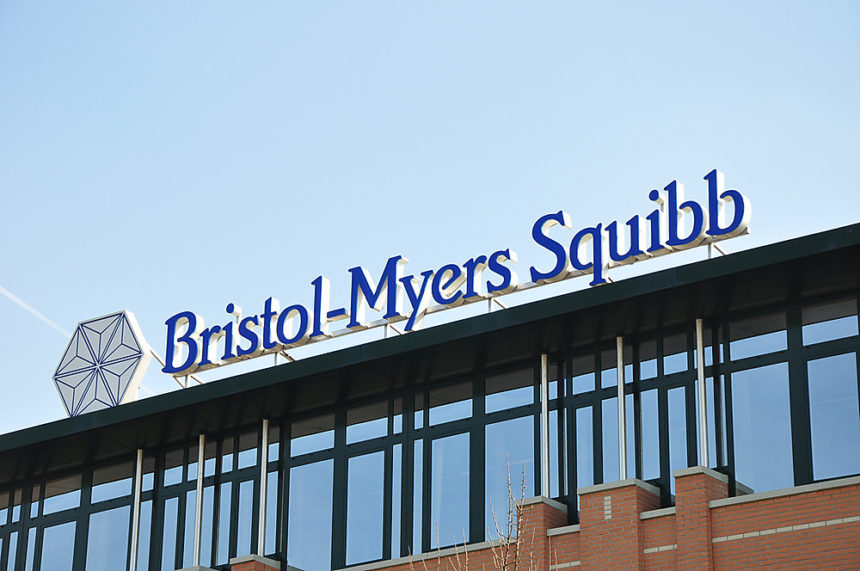Bristol-Myers Squibb’s planned $74 billion acquisition of Celgene is set to close in Q3, and the two pharma companies already share some marketing agencies.
BMS is planning to realize some $2.5 billion in synergies, or areas to eliminate redundancies, by 2022, though the two pharma companies haven’t specified where these exist.
BMS and Celgene already share some marketing agencies, including McCann Health, Ashfield Healthcare Communications, and The Bloc, according to MM&M’s Agency A to Z report. BMS has at least two agencies working on its immunotherapy blockbuster Opdivo, retaining Ogilvy for PR and Imre Health for social media. The agency also works with Calcium as AOR for arthritis drug Orencia, according to A to Z.
The acquisition would give Bristol-Myers Squibb a foothold in cancer treatments as Opdivo falls slightly behind its biggest rival, Merck’s Keytruda. Opdivo failed to increase survival in two late-stage lung cancer studies in 2018.
The drugmaker’s spend on Opdivo advertising is also lower than Merck’s spending for Keytruda, according to Kantar Media. In 2017, Merck spent $194 million on Keytruda ads for lung cancer, compared to Opdivo’s $148 million, according to a statement from Kantar.
In Q3, BMS reported a slight dip in marketing, selling, and administrative spending to $1.1 billion. In the first nine months of 2018, the pharma company’s spending in this area dropped 6.4% compared to 2017.
Celgene has its own pressures on its oncology portfolio. The drugmaker’s immunotherapy drug Revlimid will lose patent protections in 2022. Celgene bought Juno Therapeutics in early 2018 for $9 billion to gain access to its pipeline of cancer drugs.
Celgene has a larger roster of known agency partners, including Butler/Till, Fingerpaint, Navicor, Beacon Healthcare Communications, Invivo Communications, DDB Health, Greater Than One, Pixacore, The Access Group, Arteric, CMI/Compas, and Guidemark Health, according to the MM&M’s Agency A to Z.
Investors had a mixed reaction to news of the acquisition. BMS stocks fell on the news, while Celgene’s share price jumped. Some analysts said the deal could generate earnings of $6 per share in the coming years. However, other pointed out that Celgene and its portfolio could be worth more than the deal’s pricetag.








